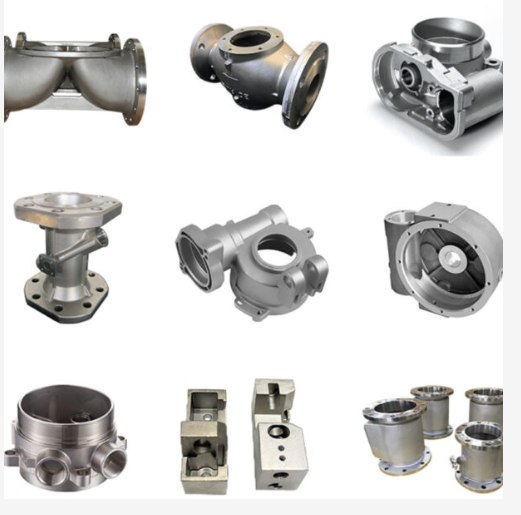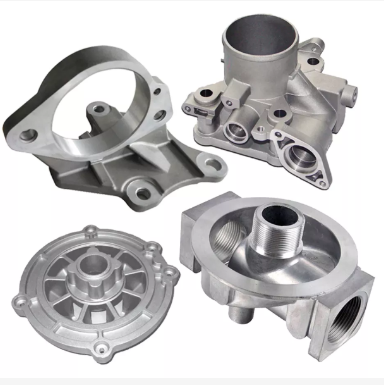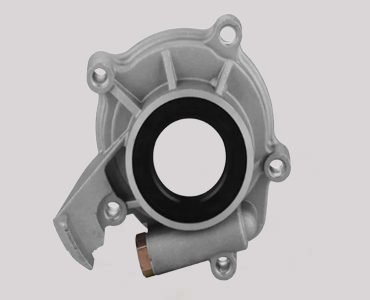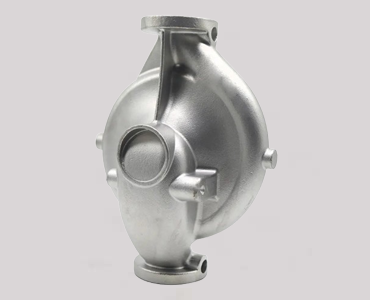BrazilCasting is a renowned term in the manufacturing and industrial sector of South America, reflecting Brazil’s growing prominence in the global casting industry.

Known for its high-quality metalworking and advanced foundry techniques, BrazilCasting has become a significant player, particularly in the automotive, aerospace, oil and gas, and industrial machinery sectors.
The Foundation of BrazilCasting
Brazil’s industrialization in the mid-20th century set the stage for the country’s casting industry.

Foundries across the country began utilizing local resources, such as abundant iron ore and skilled labor, to manufacture cast components.
Over time, BrazilCasting evolved into a sophisticated operation integrating modern technology, sustainable practices, and high precision.
Today, Brazil is among the top ten casting producers globally, boasting a robust network of foundries that cater to both domestic and international markets.

This success can be attributed to a combination of technical expertise, innovative approaches, and a commitment to delivering cost-effective solutions.
Technologies and Techniques
BrazilCasting employs a variety of techniques to create metal components that meet stringent global standards. Among these techniques are:
- Lost Wax Casting: Also known as investment casting, this method allows for the creation of intricate and high-precision components. Foundries in Brazil use this technique to serve industries requiring complex geometries, such as aerospace and defense.
- Sand Casting: This traditional yet versatile method remains widely used in Brazil’s foundries for producing larger components, especially for the automotive and industrial machinery sectors.
- Die Casting: With advancements in automation, BrazilCasting has incorporated high-pressure die casting to produce lightweight, durable components for the automotive and consumer goods industries.
- Continuous Casting: This method is used for producing semi-finished metal shapes, which are further processed into finished goods.
Key Industries Served
BrazilCasting is integral to multiple industries, including:
- Automotive: With Brazil being one of the largest automotive markets in the world, casting plays a crucial role in manufacturing engine blocks, transmission cases, and suspension components.
- Aerospace: Precision casting ensures the production of critical components like turbine blades and structural parts.
- Oil and Gas: The industry relies on durable cast components for pipelines, valves, and drilling equipment.
- Renewable Energy: Castings are pivotal in wind turbines and solar panel structures.
Sustainability in BrazilCasting
BrazilCasting places a strong emphasis on sustainability, aligning with global environmental standards.
Foundries have adopted energy-efficient furnaces, recycling programs, and waste reduction practices.
Additionally, the use of renewable energy sources, such as hydroelectric power, underscores Brazil’s commitment to green manufacturing.
Global Reach and Challenges
BrazilCasting’s reputation has grown beyond Latin America, with exports reaching Europe, North America, and Asia.
The country’s foundries are recognized for their competitive pricing and adherence to international quality certifications, such as ISO 9001 and ISO 14001.
However, challenges remain. The industry faces rising energy costs, logistical issues, and competition from countries like China and India.
To maintain its edge, BrazilCasting is investing in digital transformation, adopting Industry 4.0 technologies such as IoT, robotics, and AI.
Conclusion
BrazilCasting symbolizes the fusion of traditional craftsmanship and modern innovation.

By leveraging its rich resources, skilled workforce, and technological advancements, Brazil continues to solidify its position as a leader in the global casting industry.
With a focus on sustainability and adaptability, BrazilCasting is poised to meet the demands of a rapidly evolving market.

 By Mr.Sun
By Mr.Sun



